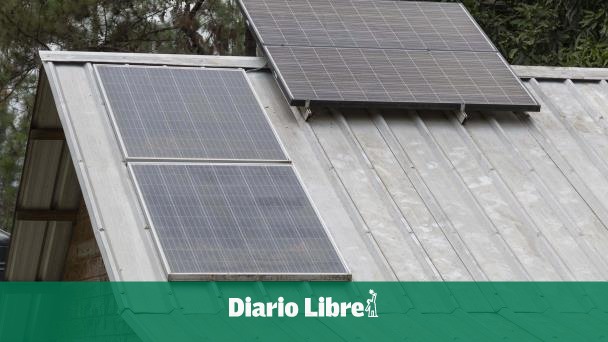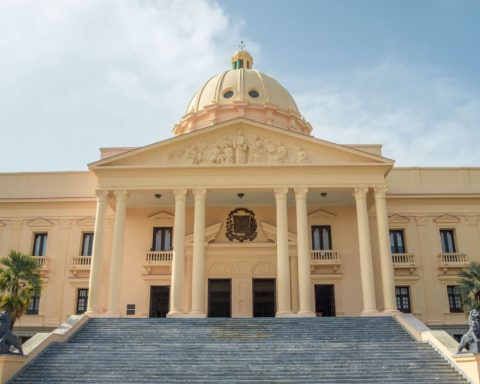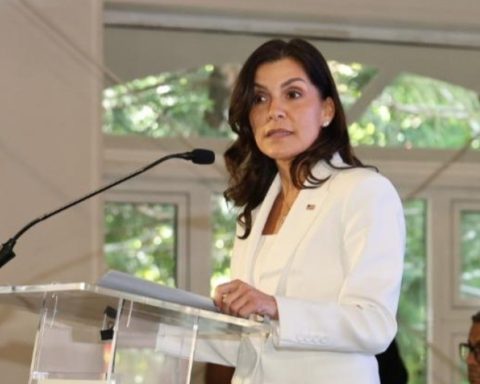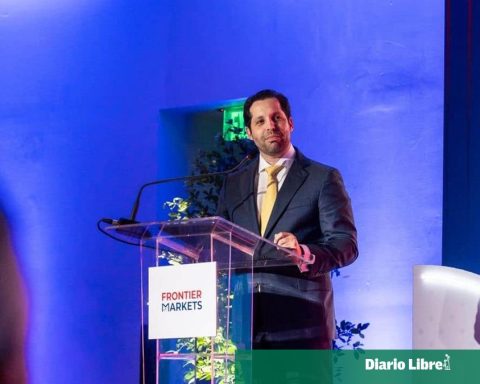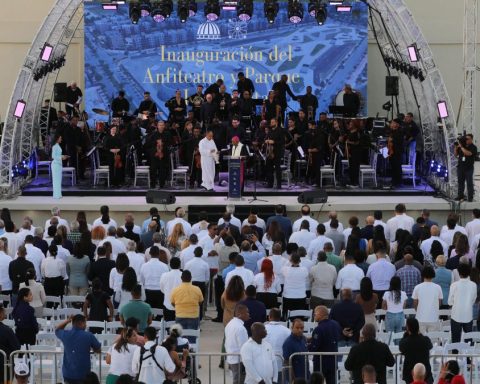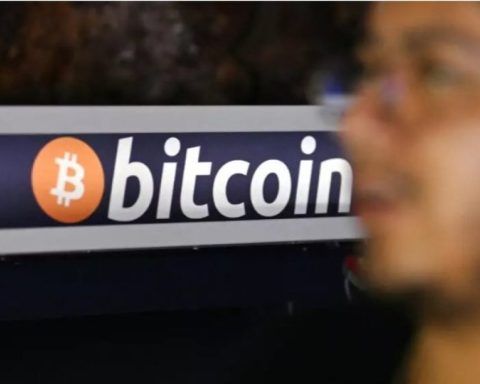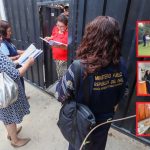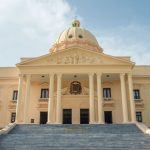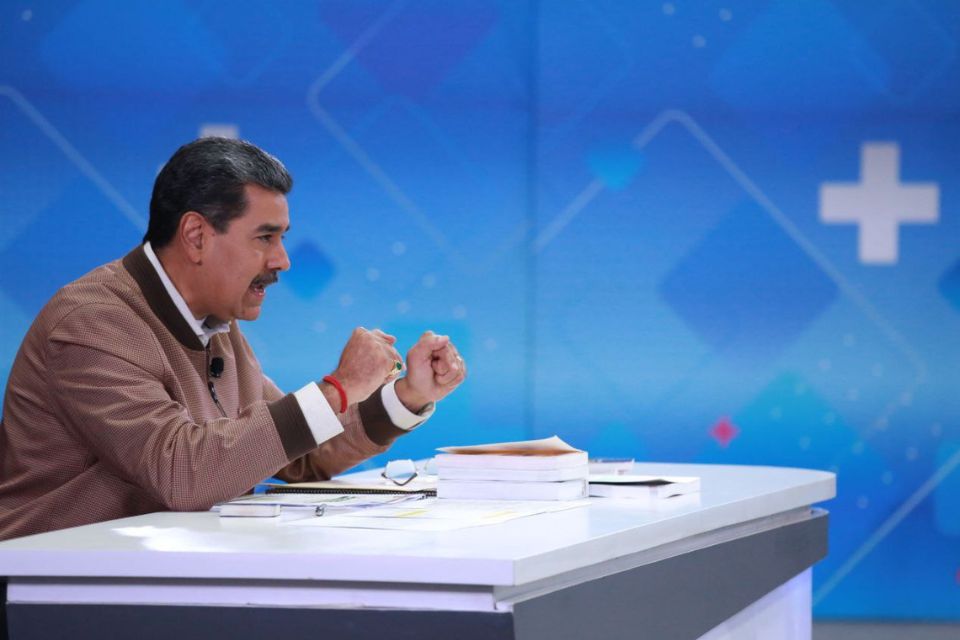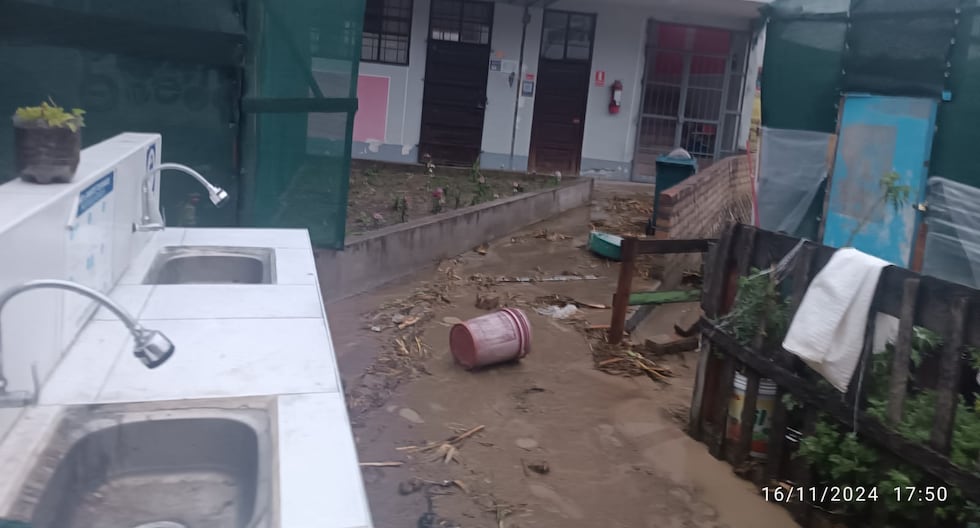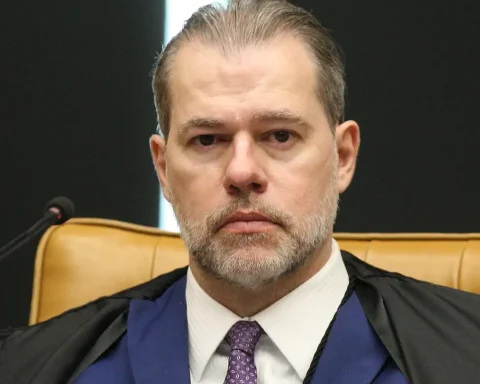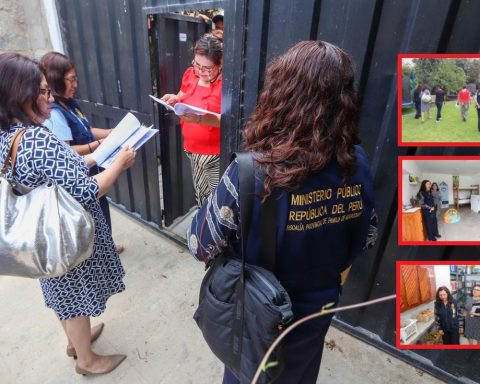The Superintendence of Electricity (SIE) socialized with users of panels solar and the traditional energy system, its proposal Regulation for the Approval, Interconnection and Operation of Information Systems Generation Distributed, in a meeting that generated mixed opinions.
The proposal aims to regulate the technical and operational requirements for the connection of solar energy systems to electricity networks. distributionboth from the Distribution Companies of Electricity (EDE) as well as isolated systems. However, the measure has raised concerns due to the potential impact it could have on the growth of distributed generation and costs for users.
During a public hearing, the associations in favor of massification of the panels solar They expressed their rejection of a series of points that they consider infringe the rights of those who wish to install them.
This regulatory proposal includes improvements to the current scheme, among which a reduction in the time of the process application and approvalwhich previously could last up to three months and will now be limited to a maximum of 45 days.
The document indicates that the EDEonce issued the regulationwill have a period of 30 working days to present a work plan that contemplates the development of a platform digital that allows the petitioner to follow up on their request at all stages of the process.
Another provision of the draft eliminates the penetration limit of renewable 15% per circuit. Instead, the petitioner will be required to complete the studies corresponding presets to verify the available capacity of the desired circuit.
2%
percentage that distributed generation represents within the energy demand of the EDEs.
He regulation also points out that the investment cost of meter bidirectional required by customers installing panels solar will be the responsibility of the EDE. “If the client does not wish to inject his surplus energy into the national electrical system, he must notify his distributor and include the non-injection setpoint test. This does not exempt the distributor from placing the meter bidirectional to the customer,” according to the statement.
In addition, a charge would be established for the right to use the network. transmission of the national electrical system interconnected for users with a demand less than 10 kilowatts (kW). Said charge will not be retroactive, and a period of three years will be granted for this charge to come into effect for those customers who have already installed panels solar.
Opposing associations
The Association for the Promotion of Energies Renewable (Asofer), as well as the 100% Renewable DR Coalition, reaffirmed their commitment to the development of energies renewable through distributed generation.
The entities highlighted that the regulation must benefit the user, emphasizing that the public service of distribution Electricity is essential for the competitiveness of small and medium-sized businesses, which drive the national economic fabric.
“To date, we see that isolated systems and state distribution companies have not complied with the existing regulatory framework, either by express will or due to inability to act or lack of means. This is not sustainable in 2024. We need a regulation simple and clear interpretation that does not allow arbitrariness in its compliance to distributors and that promotes the growth of distributed generation, which barely reaches 2% of the energy demanded by the EDE“he responded Asofer to Diario Libre.
He added that during his speech at said hearing his representatives presented 11 critical points that require “urgent review.” “These cover fundamental aspects to ensure that the regulation is fair, inclusive and promotes the balanced development of the energies renewable“, held.
They also held the public hearing to present the application regulations for the provision of auxiliary frequency regulation services. This regulation is essential to ensure the stability and quality of the electrical service. In this way, a more sustainable and efficient energy model is favored, according to the SIE.
